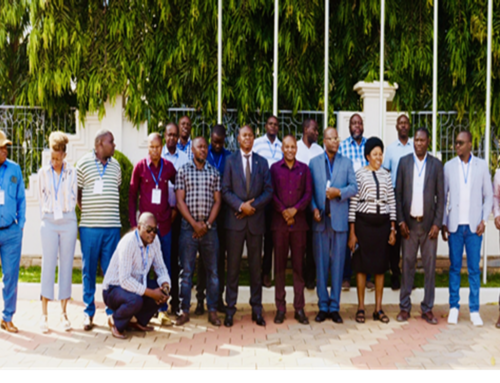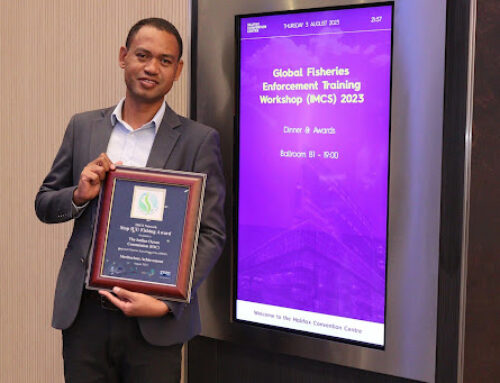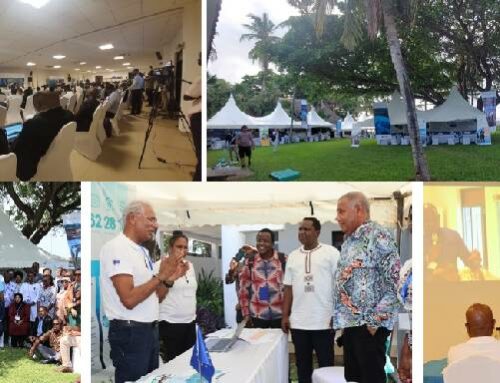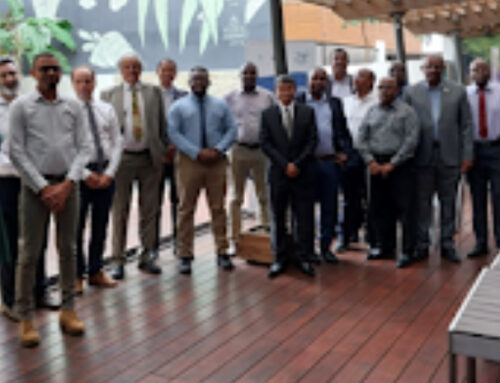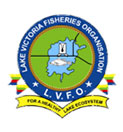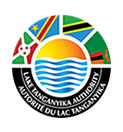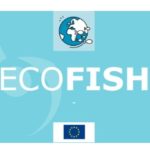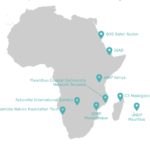Nairobi, 23rd February 2022
E€OFISH sets up a statistical system for better decision-making
E€OFISH Programme initiated the development of a statistical system to better assess the fisheries industry’s contribution to the national economy in eleven member countries of the Eastern Africa, Southern Africa and the Indian Ocean. This tool helps target countries to make more informed decisions regarding the best use of maritime resources potential and the limited financial resources.
This action is particularly relevant given the lack of socio-economic or scientific information on nearly 80% of world fishing catches. The data on which national or regional policies are based make up only a marginal proportion of the fishing economy situation. This is one of the reasons why the sector is far from being properly exploited, despite the rhetoric about the importance of fishing for subsistence, food security and wealth creation.
To address this situation, E€OFISH will provide Comoros, Djibouti, Eritrea, Kenya, Madagascar, Mauritius, Mozambique, Seychelles, Sudan, Somalia, and Tanzania with a more inclusive fisheries statistical system. This system, known as the Blue Economy Fisheries Satellite Account (BEFSA), aims to ensure that policy development and monitoring are evidence-based at national and regional levels.
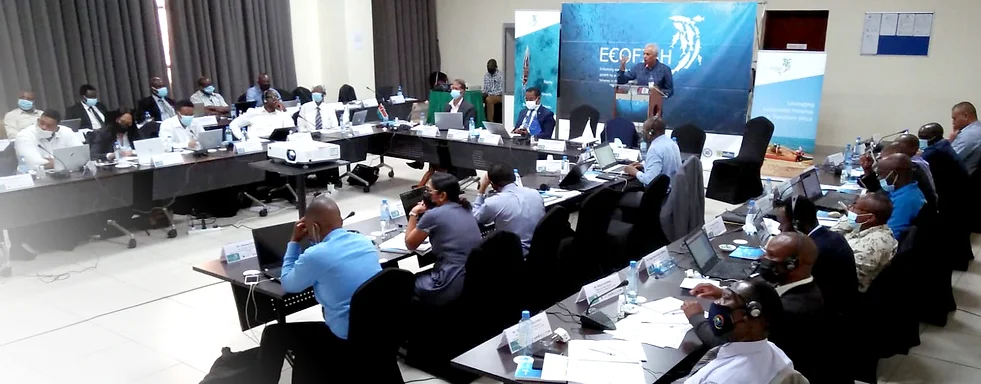
Through the BEFSA, the region’s decision-makers will benefit from relevant information to effectively steer the exploitation of maritime resources. According to a World Bank study in 2016, the West Indian Ocean region could increase its fisheries profits by USD 5 billion a year. “The European Union is convinced that through this tool aimed at better assessing the fisheries contribution, the region and its countries will have greater capacities to effectively manage the sector so that it might reach its full potential. We therefore welcome this initiative which attests to our support towards the development of the region,” said Vincent Degert, Ambassador of the European Union to the Republic of Mauritius and the Republic of Seychelles.
The inventory of institutional frameworks, stakeholders as well as data relating to the various components of marine fishing has been updated. On the basis of the results, a technical proposal and a regional scoreboard for the fisheries industry have been developed. These two proposals were presented to the target countries for approval and adoption during a workshop held on 22nd and 23rd February 2022 at the Best Western Plus, Nairobi, Kenya.
Setting up such a statistical system is part of the first result expected from E€OFISH Program, namely “improved regional policies and institutional frameworks to ensure fisheries sustainable management and contribute to the conservation of marine biodiversity.” Funded and promoted by the European Union, E€OFISH aims to use sustainable fishing as an economic lever for the East Africa, Southern Africa and the Indian Ocean region. The statistical system initiative for the region will be led by COMESA, an implementing partner with the Indian Ocean Commission (IOC), Lake Tanganyika Authority (LTA), Lake Victoria Fisheries Organization (LVFO), East African Community (EAC), Intergovernmental Authority on Development (IGAD), Indian Ocean Tuna Commission (IOTC), Southern African Development Community (SADC) as well as the Southwest Indian Ocean Fisheries Commission (SWIOFC).
